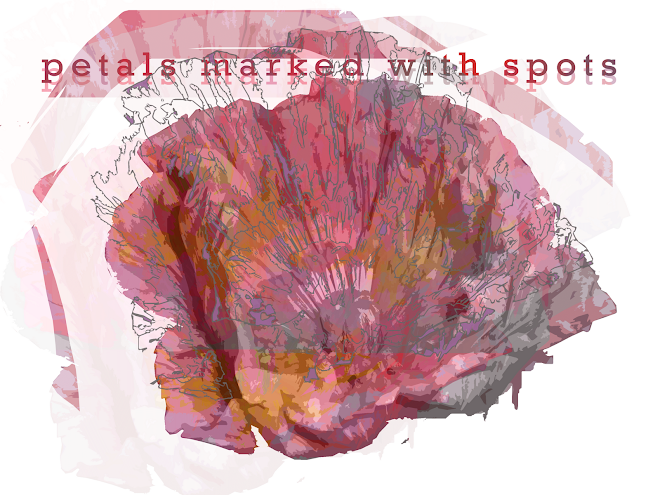Three times.
This is big news.
It’s big news possibly because it’s my only cooking news (having otherwise gone back to the tuna-sandwich dinner school of thought). It’s also big news because, being honest, I thought I would never make my own breakfast cereal. Like making bread, I thought making muesli was a nice idea, but one for very earnest, organised people, and that the process was probably not nearly as easy all those earnest, organised people said (honestly, how often do people who make their own bread preach to you that it’s so “easy”). Well, although I’m not yet converted to bread-making (for now, I’m buying Vogels or bread from Brooklyn Bagels, thanks) I have undergone a complete cereal turnaround. And so now I’m spreading the home-made muesli love.
Inspired by a lovely climbing friend, I’ve been experimenting with an American granola recipe. Like my friends’ tasty version, my muesli seems to sit on the dessert-esq side of breakfast cereals. For slightly less intense granola/muesli recipes, try either this or this. But, if walnuts, spices, lots of dates and honey is how you like the oats in your muesli to roll (please tell me someone got that joke), read on.
Toasted Muesli
1kg whole oats
¼ cup canola oil
A generous ½ cup of honey
200g chopped dates (you could use cranberries, or any other dried fruit instead if you like. Just add them after you’ve finished toasting though)
100g roughly chopped walnuts (or whichever nut variant you like. Experimentation is a good thing)
1 vanilla pod
1 ½ teaspoons cinnamon (though this is kind of approximate. I’m not really one for extremely accurate measures)
1 teaspoon nutmeg (ditto on the “approximate” amount)
Two baking trays (one large and one small should be ok)
Set the oven to 140°. Combine the honey and oil in a large saucepan over high heat. Keep stirring this mixture until it foams and bubbles right up. Take the pan off the heat and add the oats, stirring them round well.
Split the vanilla pod and scrap all the seeds into the oat mix. Add the nutmeg, cinnamon, dates and walnuts. Stir very well. Spread the muesli mix across the baking trays and put in the oven for 30-40 minutes, turning the muesli over every 10 minutes. When the oats on the edges of the trays, at the back of the oven begin to turn brown-gold, the muesli is done (a very accurate way to measure, I know).
Leave the muesli to cool on the trays. Store in a large plastic container and make the world (or maybe just your flatmates) jealous of your muesli-making skills.
Unfortunately, I killed my little point-and-click camera (who knew they didn’t like travelling, sans case, in climbing bags) so I’ve only got photos of my first batch of muesli (I toasted it a bit too much – you don’t want your muesli to be quite this brown when you take it out of the oven).
xx Esther





.jpg)

